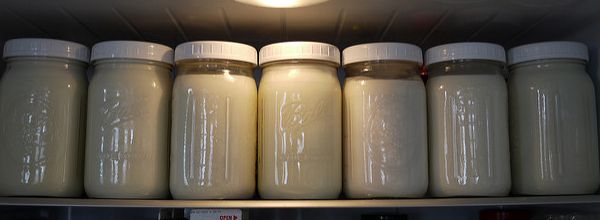One of the many perks that we often experience as graduate students is the chance to work with a collaborating lab on a research project. A successful collaboration results in:
- Gaining a collaborator’s expertise in a particular area of science
- Building/learning a new method and/or
- Addressing an overlapping scientific question
I recently came back from a visit to one of my collaborator’s lab, and wanted to share the aspects that I felt were most important to make the most of this.
Have a Plan
This seems very obvious, but I cannot emphasize enough how important it is to have a plan when you are thinking about an impending collaboration. Make a list of the things that you would like to get done while you are there. Then figure out how much time you will need to accomplish your goals. The main things to consider are the time that you need for getting all the experiments done and analyzed. Always include some extra days in case you need more time for experiments or fielding some unexpected obstacles (which is not uncommon at all).
Prep a Few Steps Beforehand
This might not always be feasible, but if you have the option, do some preparatory steps before even reaching the collaborating lab, which can save you time. This will also allow you to be more relaxed and take the time to ease into the new environment. For example, if you are doing a yeast two-hybrid screen, prepare all the constructs/clones you need while you still are in your own lab, and use them right away for transformation. Design and bring any primers if you know you will need them during your stay. Depending on your experiments, you can also think about making up media plates to bring with you. The more you are prepared, the more confident you will feel, which will help you focus better.
Utilize Your Downtime
You might be in the host lab only for a particular experiment, which involves a lot of waiting around. Plan ahead about how you will utilize your downtime there. A couple of good things to do during that time would be to:
- Work on the summer conference abstract that might be due in a month
- Review the literature and write up the introduction of your manuscript
- Shadow the postdoc you are working with and learn a new technique or
- Help the hosts with some lab chores (a hand there gets a warm welcome, alway
Have a Plan B
Be it in a collaborating lab or not, you should always have a back up plan in case things don’t work. So have yours ready when you head out to a different lab. Plan ahead for what you will do if something goes wrong, or does not work as expected. Experiments often fail, but being able to troubleshoot and come up with alternatives is the best thing you can do with it.
Keep an Eye on the Things That are Different!
When I was preparing for my visit to a collaborator’s lab, the best piece of advice that I got from my advisor was to be open to the fact that different labs do things differently. This is very true, and I suggest you keep an eye out for those differences. You might find some techniques, which although different, are more efficient. Along with your experiments, these little lab hacks save you time and go a long way for you to be more productive in the lab!
Finally, when you come back after spending a productive time on the collaboration, share the data and knowledge with your lab mates, and remember to send a thank you note to your host lab!







